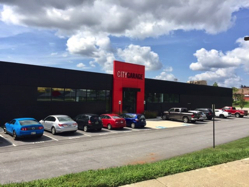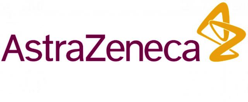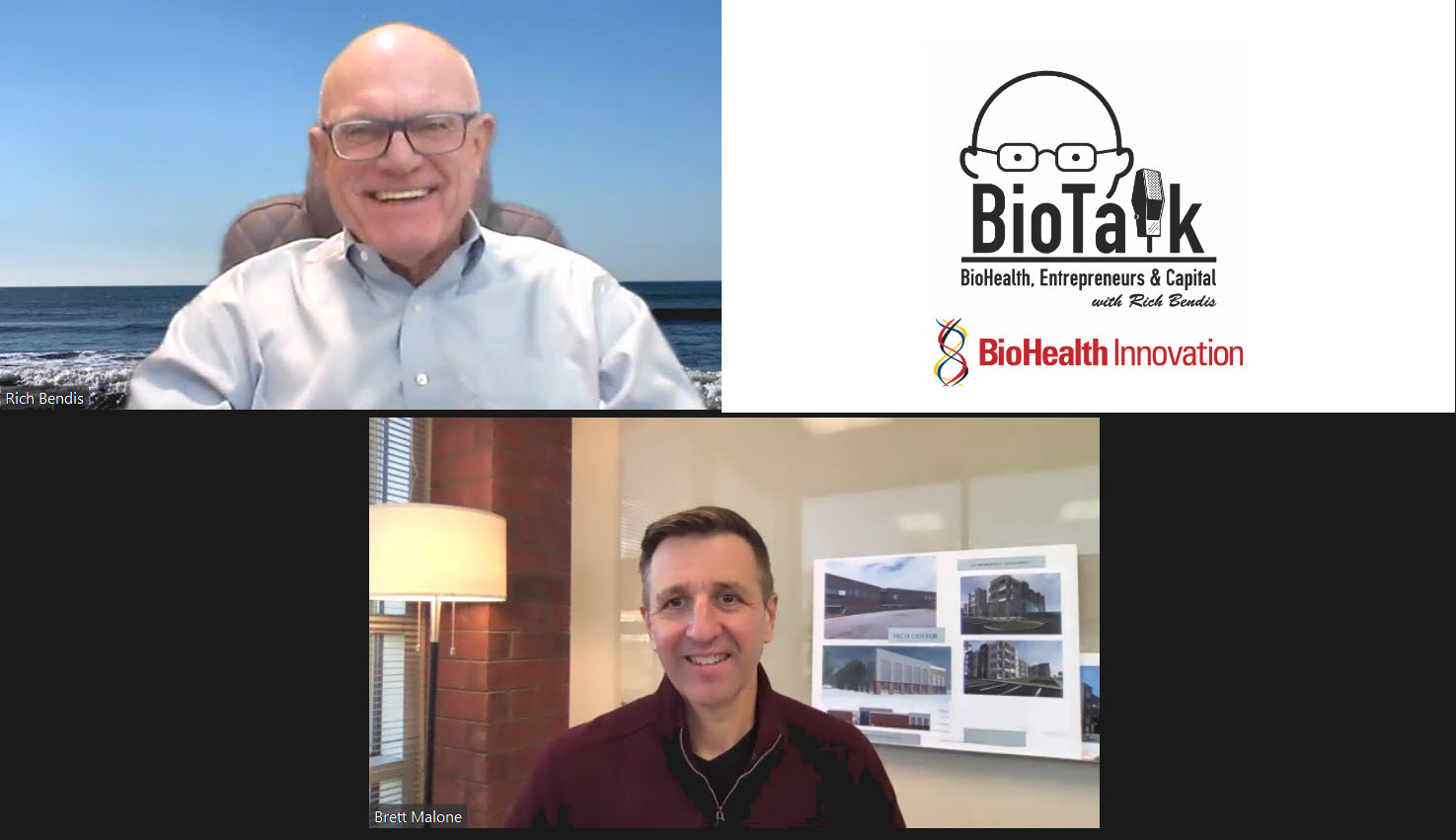
BALTIMORE, Maryland, February 4, 2021 — RNA Disease Diagnostics, Inc. (RNADD) has secured an exclusive global license to a cutting-edge sensor technology jointly owned by University of Maryland, Baltimore (UMB) and the University of Maryland, Baltimore County (UMBC). RNADD’s first product will be a rapid point-of-care (POC) COVID-19 test with accuracy, sensitivity, and specificity that is comparable to the gold standard RT-PCR lab diagnostic.
Dipanjan Pan, MSc, PhD and his teams at UMB and UMBC developed the sensor technology, which will be used to support RNADD’s development and manufacture of proprietary molecular disease diagnostic testing kits, enabling the Company to quickly and accurately detect multiple infectious diseases, helping to lead to the prevention of their transmission and spread.










